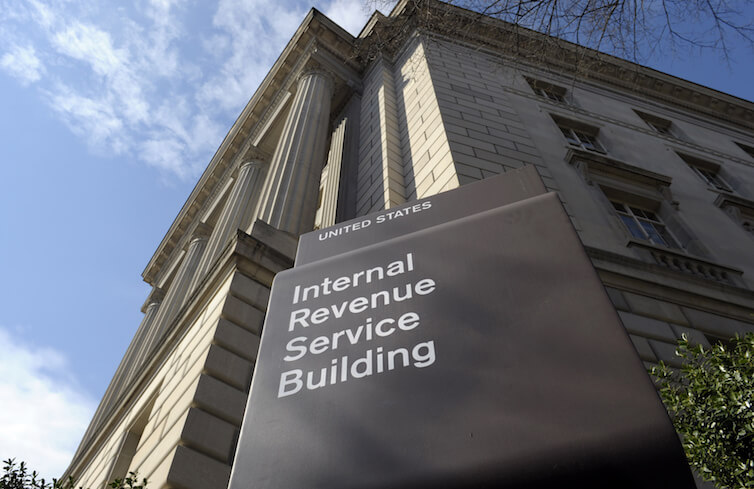Do Americans think we should tax wealth?

The United States relies heavily on property taxes to finance state and local government spending, but unlike five other OECD nations, it has no recurring tax on total wealth, which would include not only property but also other financial and nonfinancial assets. Yet recent scholarly work has highlighted the high and increasing level of wealth inequality in the United States, which a wealth tax may help ameliorate. By one estimate, 22 percent of American wealth was held by the top 0.1 percent of owners in 2012.
So, how do Americans feel about taxing wealth? Recent research by Raymond Fisman, Keith Gladstone, Ilyana Kuziemko, and Suresh Naidu tackles this question by surveying individuals about their preferences for taxing income and wealth.
The authors estimate what a tax-rate schedule would look like based on the survey responses. They conclude that respondents’ preferences are consistent with a flat tax rate on income between 13 percent and 15 percent and a positive tax rate on wealth of approximately 1.2 percent. Interestingly, when respondents are told the tax will be on wealth derived from savings, their responses imply a preferred tax rate of about 0.8 percent. However, when they are told the wealth is inherited, their suggested rate climbs to 3 percent.
When the researchers asked respondents about how they made their choices, subjects cited the simplicity of a flat tax rate on income and wealth, and that they were concerned about the double taxation of wealth, stating it was already taxed when it was earned. Notably, respondents did not mention any efficiency concerns such as the possibility that high taxes would discourage savings or work, which suggests that they do not see a tax schedule that includes a positive tax on wealth as having the potential to reduce economic growth.
Fisman and his co-authors also point out that most of the theoretical work on capital taxation is inconsistent with individuals’ preferences for taxing wealth. Given that the public appears to have a desire to tax wealth, further research that aims to explain this discrepancy may be a valuable contribution.
